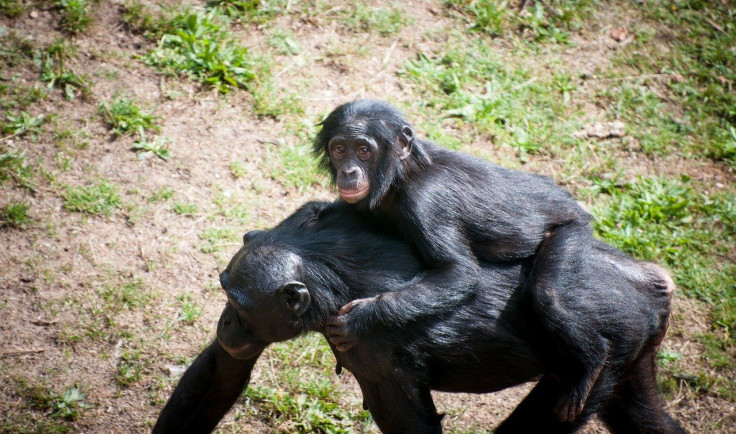Chimpanzee Daughters With High-Ranking Mothers More Likely To Stay Home
KEY POINTS
- Chimpanzee females tend to leave their group upon adolescence, but some choose to stay
- Researchers found little evidence that the choice is dependent on food or mate issues
- Evidently, the females with powerful mothers choose to stay because of the benefits
What makes some female chimpanzees leave and the others stay? After decades of observations, researchers found that the answer may be in the chimpanzees’ mothers.
Chimpanzee Societies
Chimpanzee societies are rather unique among mammals because the daughters move away from their families at puberty while the males stay within the group they were born into to defend the territory. The females who leave are often subject to more challenges including being attacked by other females in their new home, but those who stay are more at risk of inbreeding.
So, why do some females opt to leave while others choose to stay? Research on the matter took quite a while because female chimpanzees who leave don’t do so until they are between 11 and 13 years of age. In fact, primatologists Kara Walker and Anne Pusey first noticed the pattern in the 1970s.
Leaving vs. Staying
For the study, which is now published in the journal Current Biology, Walker and Pusey looked at 45 years worth of observations of 31 female chimpanzees in Gombe National Park in Tanzania. Interestingly, they only found small differences in the diet, the number of unrelated males around, and crowding between the females who leave and the females who stay. This suggests that the choice to leave or to stay is not dependent on the competition for food or mates.
However, they did notice that the females with more brothers were the ones that were more likely to leave, possibly to avoid inbreeding. This is because although siblings from the same mother typically avoid mating with each other, there are cases when high ranking males coerce their sisters into mating with them.
Such incidences are problematic because it increases the chances of the offspring to develop both known or unknown inherited disorders. In fact, among the chimpanzee offspring that the researchers observed, only one out of the four offspring conceived from close kin mating survived into adulthood.
Powerful Mothers
According to the researchers, one reason that some females may choose to stay with their group despite the inbreeding risks might be because of their powerful mothers. In fact, they observed that females with high-ranking mothers were actually more likely to stay home. This way, they do not have to enter new groups where they will face new challenges because staying with their powerful mothers can provide them with ample support.
Simply put, those who choose to stay do so because the risks of inbreeding are essentially offset by the benefits that their powerful mothers can provide.
According to Pusey, this shows the universality of the benefit of having a mother around. Further, the outcome of the study also sheds light on the migratory patterns of humans since women are more likely to leave home for marriage than men.

© Copyright IBTimes 2024. All rights reserved.












